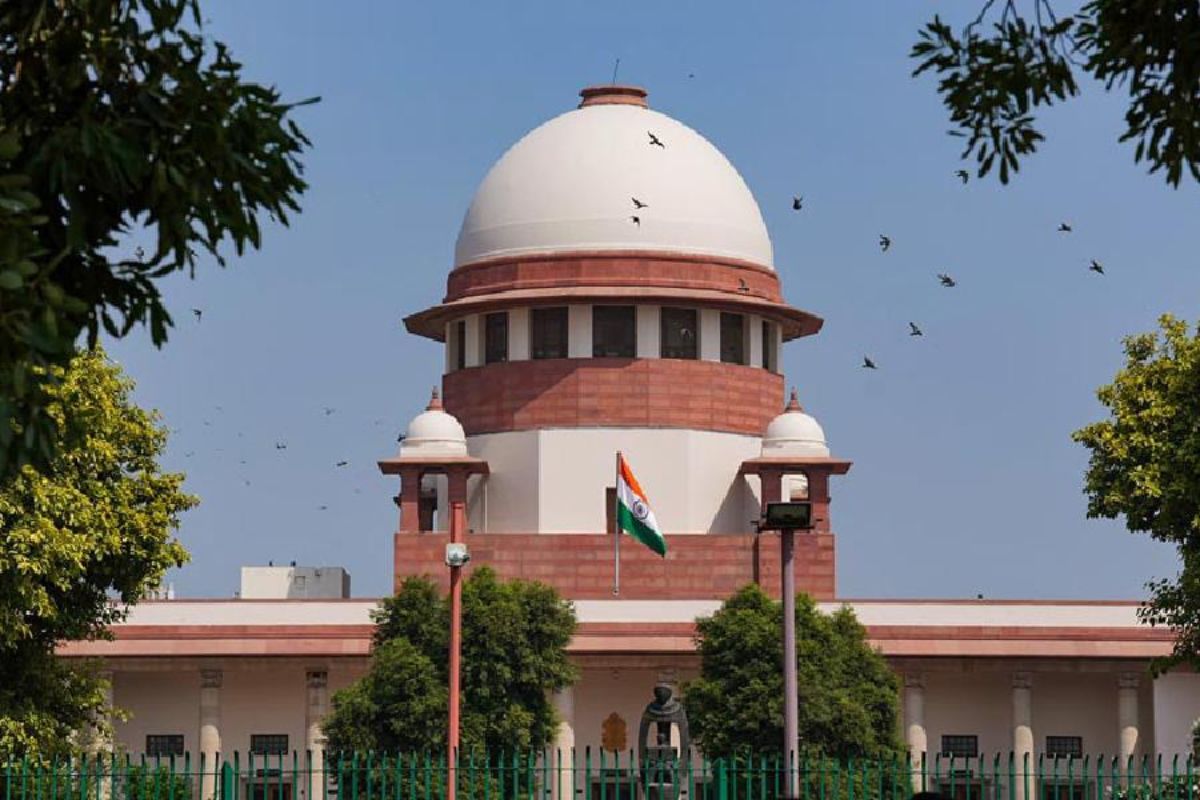India’s Got Latent: SC issues notice on YouTuber Ashish Chanchlani’s plea against FIRs
SC issues notice on YouTuber Ashish Chanchlani’s plea to quash or transfer FIR in India’s Got Latent case; tagged with Ranveer Allahabadia’s petition.
The counsel representing the accused argued that since the woman was a ‘manglik,’ their marriage could not be solemnized and had been refused.

SC quashes proceedings against Karnataka Dy CM Shivakumar in PMLA case
The Supreme Court has issued a stay on a peculiar order from the Allahabad High Court that requested the head of the astrology department at Lucknow University to determine whether a woman, who is an alleged rape victim, is ‘manglik’ or not.
During the high court proceedings, the counsel representing the accused argued that since the woman was a ‘manglik,’ their marriage could not be solemnized and had been refused. However, the counsel for the woman insisted that she was not a ‘manglik.’
Advertisement
The Supreme Court took suo motu cognizance of the case during a special sitting and questioned the need for an “astrology report” when considering a bail application. The high court had issued the order on May 23 while hearing the accused’s bail plea, who was charged with rape based on false promises of marriage.
Advertisement
In Hindu astrology, being born under the influence of the planet Mars (mangal) is believed to bring about “mangal dosha” or affliction, and such individuals are considered ‘manglik.’ Certain superstitious beliefs among Hindus hold that marriages between a ‘manglik’ and a non-‘manglik’ can be inauspicious or disastrous.
During the Supreme Court proceedings, the Solicitor General Tushar Mehta, who appeared in the case, expressed his concern over the order and requested the court to stay it. The court observed that the order was unrelated to the subject matter and raised several other issues, including the violation of the right to privacy.
While acknowledging that astrology is a science, the court emphasized that it did not intend to delve into the merits of the case and decided to stay the operation and effect of the high court’s order. The court also directed the registry to issue notices to all concerned parties, including the state, and scheduled the matter for further hearing in July.
The high court had previously instructed the head of the astrology department at Lucknow University to determine whether the woman was ‘manglik’ or not. The court ordered the parties to submit the horoscope (kundali) to the department within ten days, with the head of the department required to submit a sealed report to the court within three weeks.
The case is set to resume hearing on June 26 at the high court.
Advertisement